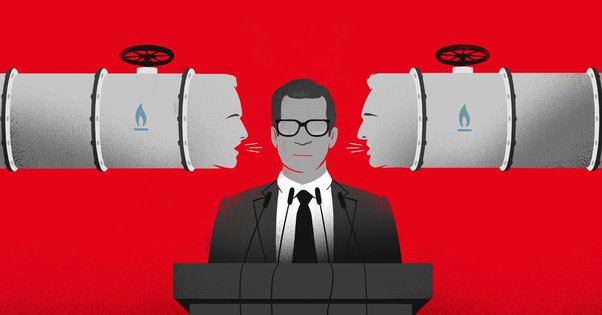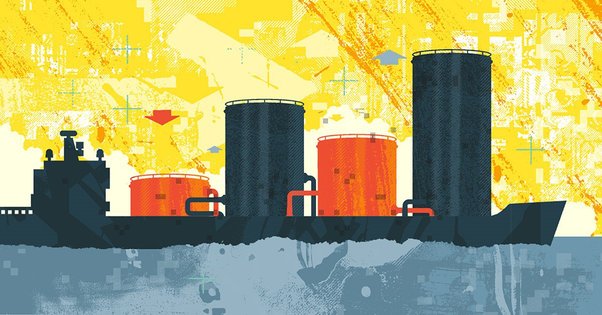At midnight on August 10, the European Union’s sanctions on Russian coal came into effect. After a four-month wind-down period, it became an offense for EU entities to “purchase, import, or transfer, directly or indirectly, coal” that originates in, or is exported from, Russia.
Part of the EU’s fifth sanctions package against Russia, these restrictive measures were designed to rachet up pressure on the Russian economy and damage Vladimir Putin’s ability to continue waging war on Ukraine. They are far-reaching, in that they apply not only to EU imports, but to any shipment of coal from Russia by an EU person or company to any location.
On August 12, the UK P&I Club, which insures ocean-going cargo ships, issued a circular to its members. Shipowners should know, the club explained, that it was “now the case that the involvement of an EU entity in the carriage of Russian fertilisers and coal or other solid fossil fuels to any destination whatsoever and whether inside or outside the EU would be in breach of EU sanctions”.
“Putin and his supporters will feel the consequences”, German Chancellor Olaf Scholz said, of the sanctions, which the EU imposed after the Bucha massacre and other atrocities committed by the Russian army in Ukraine.
In the days leading up to the sanctions deadline and the P&I circular, the giant German shipping company Oldendorff Carriers GmbH & Co. KG moved multiple shipments of coal from the Russian ports of Taman and Ust-Luga. According to financial and commodities data provider Refinitiv and ship tracker Marine Traffic, Oldendorff ships have delivered coal after the sanctions deadline—or vessels carrying coal from Russian ports are still in transit.
Global Witness does not allege that these movements are in breach of sanctions, and it is not clear which companies chartered the cargoes or can be said to be ‘transferring’ the coal. Informed that its ships were transporting coal from Russia, an Oldendorff spokesperson said, “Please rest assured that we are acting in accordance with all applicable laws and regulations. We trust you will understand that we cannot discuss business matters with you in any more detail.”
Nevertheless, Oldendorff insures numerous bulk carriers with the UK P&I Club. Its staff surely read the circulars. Yet eight ships from its fleet have now transported a total of 654 kilotonnes of coal from Russia since sanctions kicked in. As of September 1, three of these shipments appeared to have been delivered to destinations including Turkey and Morocco, while the other five were still in transit.
The issue of sanctions aside, transporting coal from Russia is a bad look for the company. Since the war began, Russia has earned over €13 billion in revenue from its exports of coal—enough to fund two straight weeks of its destruction in Ukraine.


